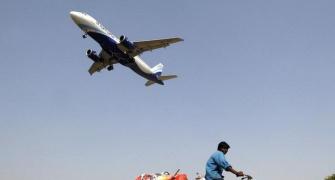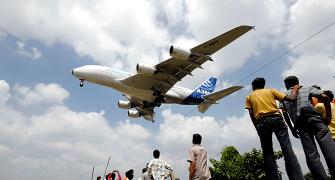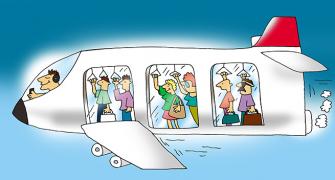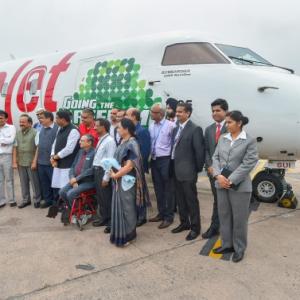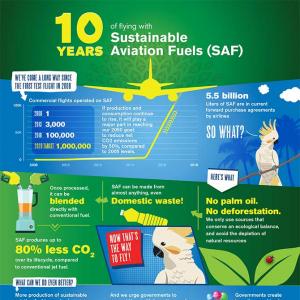However, the reduction in ATF prices will provide some cushion to airlines engaged in a protracted price war have lost control over pricing in one the world's most price sensitive domestic markets.
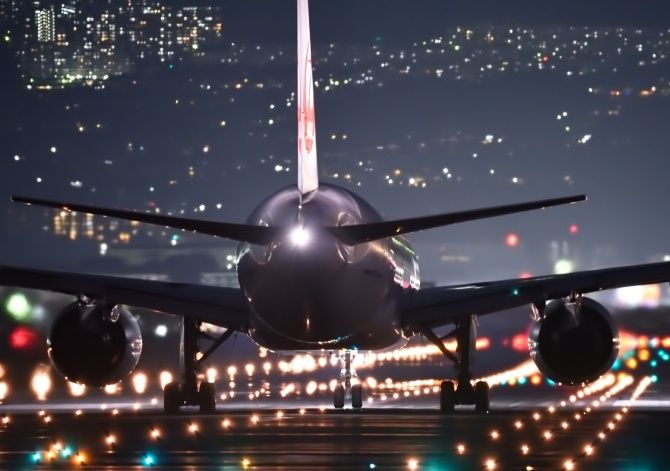
In some relief to cash-strapped Indian airlines, oil companies recently slashed aviation turbine fuel (ATF) prices by almost 11 per cent.
The cut is steepest in the last two years and will provide some cushion to airlines engaged in a protracted price war have lost control over pricing in one the world's most price sensitive domestic market.
Airline executives, however, expect no significant improvement in margins as pricing will remain under pressure due to aggressive capacity induction.
The price per kilolitre (kl) of jet fuel after the latest cut in Delhi, India's busiest airport, is Rs 68,050.97 in December, down from Rs 76,380 last month.
In Mumbai, a kilolitre of jet fuel will cost Rs 67,979.58, down from Rs 76,013.2 last month.
Fuel consists of more than 40 per cent of an airline's cost. Indian airlines pay more for fuel as compared to their global counterparts as local taxes increase the cost and a lack of competition due to the monopoly of State-owned oil marketing companies keeps price controlled.
Industry sources said that the cut will only bring small relief, as airlines will continue to offer low-priced tickets as they resume aggressive capacity induction.
This may lead to overcapacity and put more pressure on yields in key metro routes.
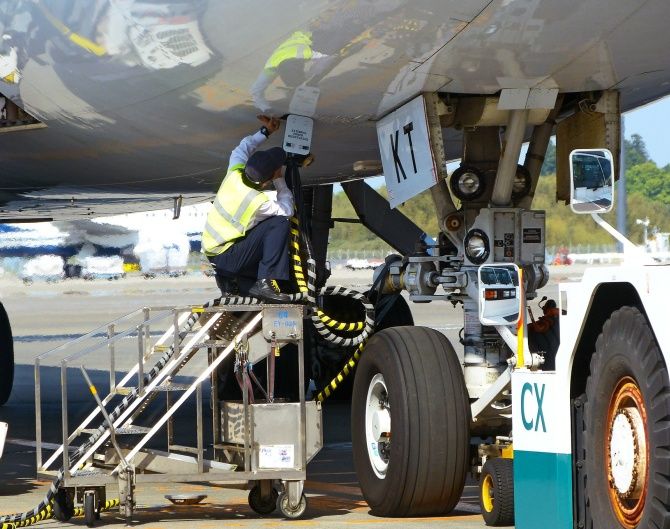
"Pricing in Indian market is not being determined by input costs, but by capacity. This 11 per cent cut is just a small relief as pricing will remain under pressure due to competition. Everybody is scared to see a seat go empty," said an executive of a low-cost airline.
Santosh Hiredasai, an analyst with brokerage firm SBI Caps Securities said that pricing will see more pressure as low cost carrier SpiceJet ramps up induction of new planes.
"Fare reduction is to do with incoming capacity and 2nd half is heavy in terms of capacity addition... So expect pricing to remain under pressure," he said.
Alongside IndiGo, which has indicated a 30 percent increase in seat capacity in next two quarters, SpiceJet will join the race of capacity induction with the airline inducting 26 aircraft by the end of this financial year which includes 18 Boeing 737 Max and eight 90-seater Q400.
That pricing scenario is unlikely to improve was also indicated by SpiceJet CFO Kiran Koteshwar. "In a market like India, there is a cap beyond which airlines will not be able to increase price. Hence it is important to keep costs in control," he said.
Even during the peak festival season in the month of October, airlines saw passenger growth slowing down as they tried to increase fare. Rate of growth slowed down to 13.3 per cent, the lowest in last 15 months.
High fuel price coupled with a weaker rupee have increased the operating cost of the Indian carriers. At the same time, the situation has worsened as the airlines have been unable to increase ticket price due to extreme competition. This has forced the Indian airlines into red as all three listed airlines have posted a loss.
Even market leader IndiGo which has more than 40 percent share of the Indian market reported loss of Rs 6.52 billion -- its first loss since public listing -- followed by Rs 15.21 billion and Rs 3.89 billion loss by Jet Airways and SpiceJet, respectively.


